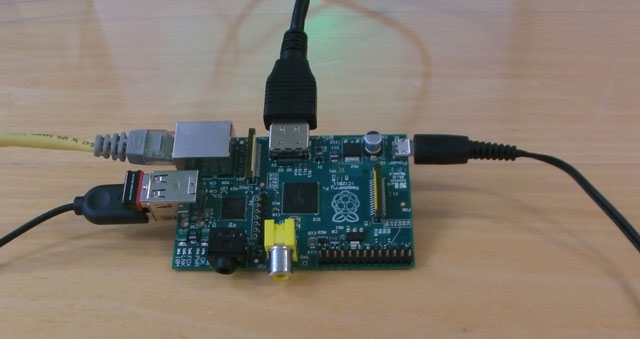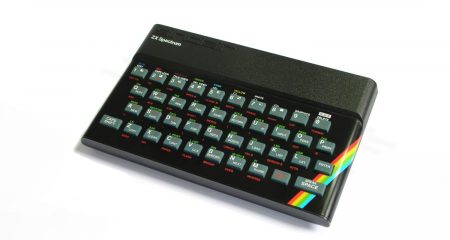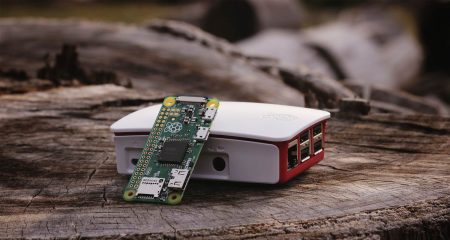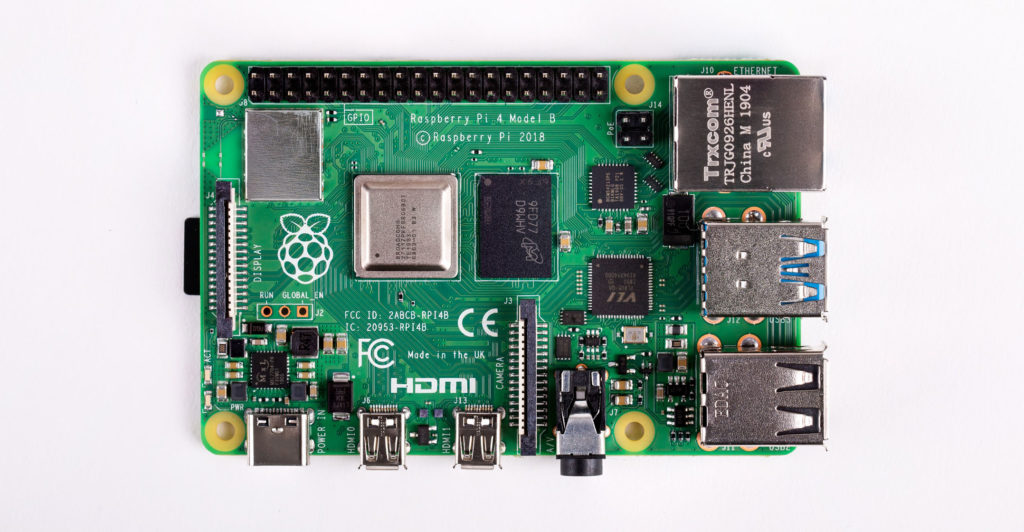
The focus of the low-cost microcomputer Raspberry Pi, which costs as little as R349, has not hit its intended target market in South Africa, says RS Components, one of two global distributors of Raspberry Pi.
RS Components GM Brian Andrews says it’s more South African hobbyists and designers that have taken an interest in the microcomputer, which is aimed mainly at encouraging youngsters to get into programming.
RS Components was appointed as a distributor for Raspberry Pi due to its global footprint and has been selling the product online since launch. The company has sold about 8 000 units in South Africa since it was launched here in February 2012. That compares poorly to the more than 2,5m sold worldwide.
“There is a long way to go still, and … there is a huge opportunity, especially in education,” Andrews says. It has the potential to teach young kids from an early age how to program.
The computer runs open-source software and the standard operating system comes with tools aimed at children, including Scratch, a simple programming language, and high-level programming and scripting language Python, says Andrews. “It allows one to experiment and hack and, because there is no hard drive but rather an SD card, it can be replaced easily if anything had to happen to the unit.”
The Raspberry Pi functions like a normal PC and can be connected to an external monitor or TV, keyboard, mouse, power cables and hard drive.
It is power efficient and caters to developing countries that simply can’t afford traditional PC form factors, says Andrews. — (c) 2014 NewsCentral Media




